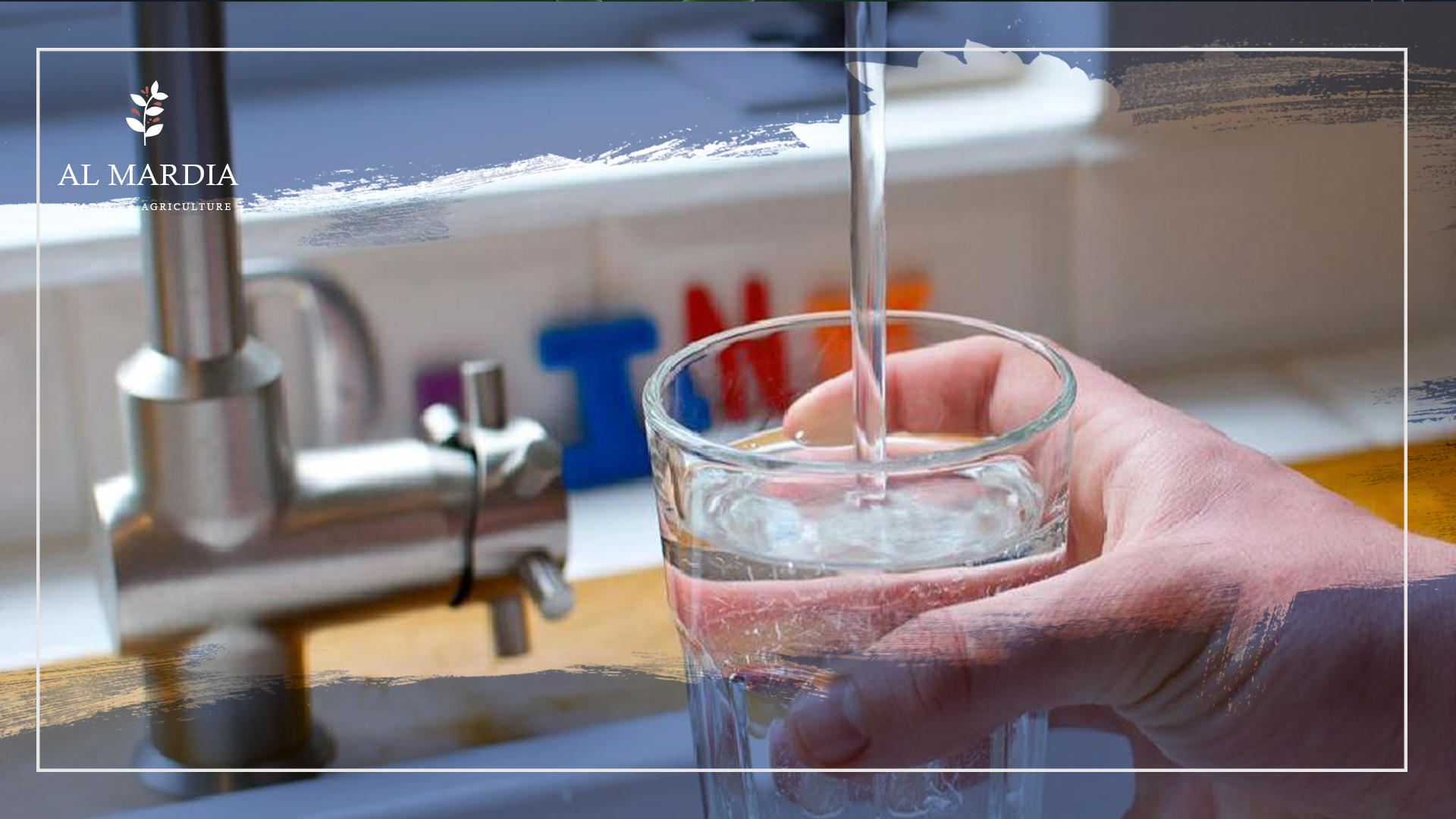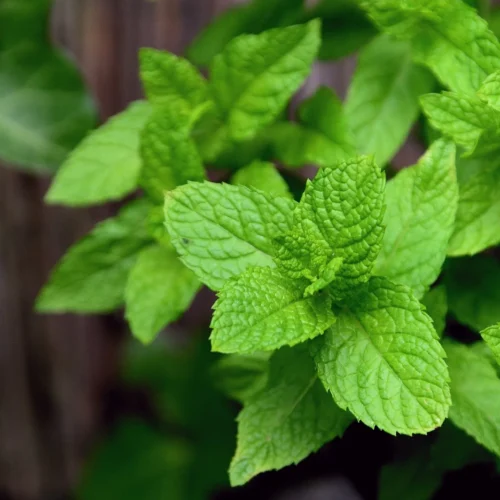
Do I Need a Water Filter In My House?
Bring back nostalgic memories of childhood days? The simple pleasure of drinking from a water fountain, a free source of fresh, cold water on hot summer days; which unfortunately is not so common anymore. It was all so much simpler then but now it comes to an end. In this article, we will explain when it’s needed to have a water filter in the house. In other words, when water filtration system is indispensable.
Nowadays, Plastic water bottles have become a common sight in the modern landscape. They are often used in offices, minivans, hotels, and kids’ backpacks. Unfortunately, this is a response to the presence of harmful contaminants, like toxic chemicals and heavy metals, found in tap water. As such, it’s important for consumers to be aware of the health risks associated with these contaminants. Steps must be taken to ensure our drinking water is safe and healthy.
Over 25% of bottled water is simply reprocessed tap water, making it an extremely expensive alternative to something you can get for free. Furthermore, independent tests indicate that the quality of bottled water can vary greatly, from very good to potentially hazardous according to the regulations that control industrial activities.
Most common pollutants in our drinking water:
-
Arsenic:
Ingesting arsenic can be detrimental to your health, as it is linked to causing lung, bladder, and skin cancers, as well as potential liver and kidney cancer. It can also have adverse effects on the central and peripheral nervous systems, heart, and reproductive system and cause birth defects. Therefore, one should make an effort to avoid contact with this contaminant at all costs.
According to the National Resources Defense Council (NRDC), bottled water can potentially be just as dangerous as tap water with regards to arsenic contamination since it’s usually sourced from the same source and may not have been adequately filtered. Arsenic is a heavy metal that enters water sources both naturally and due to industrial contamination. The most effective way to decrease your vulnerability to arsenic is by investing in a high-quality water filtration system and regularly examining its operation.
-
Radioactivity:
Fukushima Daiichi Nuclear Disaster of 2011 brought the magnitude of the radiation threat to global attention. The catastrophic event showed that radioactive particles can easily spread through underground water systems and cause far-reaching environmental impacts. This disaster reinforced the need for stricter regulations and safety protocols for nuclear power plants around the world.
High concentrations of uranium, exceeding what is considered safe by the Environmental Protection Agency (EPA), can lead to kidney damage and an increased risk for certain types of cancer. Additionally, radioactive iodine decays and collects in the thyroid causing thyroid cancer.
Radioactive pollution is a cumulative hazard, meaning that its effects increase with time. One of the main ways that humans are exposed to radiation is by drinking contaminated water. This can have disastrous consequences if proper precautions are not taken.
-
Fluoride:
It is quite remarkable that fluoride, which is often used in toothpaste to help prevent tooth decay, can be a dangerous water contaminant. Whilst it has its benefits when present in the correct amount, large quantities of fluoride are lethal and can lead to dental fluorosis, poisoning, and even death. Fluorosis can be effectively avoided by keeping an eye on the fluoride concentration levels in the drinking water. The maximal amount of fluoride it should contain should not go above 0.7 mg/L.
-
Lead:
The dangers of lead poisoning are well-known to us. Lead is a highly toxic heavy metal that can severely impair the development of a child’s nervous system and lead to anemia, seizures, and even death. It is recommended to contact your local health department to arrange for a free test of the water to detect any traces of lead. The maximum allowable concentration of lead should not surpass 0.01 mg/L.
Whole House Water Filters:
A whole house water system can be a lifesaver. Particularly, when you are faced with issues related to the quality and taste of your water. It utilizes connected filters to remove any contaminants present in the water supply, giving you cleaner and fresher water. Whole house systems come in two major types:
- The first is a heavy-duty filtration system which is the most effective in eliminating contaminants. It uses the highest amount of filter media and provides unparalleled performance. The filtration media is held inside a 50” tall tank which provides long-term protection from contaminants. It could last for around 5-10 years until it needs to be substituted.
-
The second system is a typical water filtration unit that consists of filter cartridges safely kept in durable enclosures. This facility is designed to purify polluted water in domestic settings. These cartridges measure 4.5 inches in diameter and are 10 or 20 inches in height and need to be replaced annually.
You can now check the full list of Environmental Products
produced by Almardia Group
In conclusion, contaminants can enter our bodies through the skin or by being inhaled into our lungs. Therefore, having access to clean, safe drinking water is a necessity. Unfortunately, even if you are getting your water from a municipal source, it can still contain harmful contaminants. To ensure the safety of your drinking water, whole-house filtration systems offer an extra layer of protection. Fortunately, there are a variety of products available on the market that are specifically designed to purify drinking and irrigation water, allowing us to enjoy a healthy life.
Related topic
How to Keep Your Fish Tank Without Algae?
Common Questions:
-
What does a whole house filter Remove from the water?
Installing an effective whole-house water filtration system can help reduce or eliminate certain contaminants. Impurities may be present in your home’s water supply, depending on its source. You may want to consider filtration for issues such as hard water, sediment, and chlorine odors.
-
Is it worth getting a home water filtration system?
Home filtration systems are designed to remove impurities and contaminants from tap water. It helps with making drinking water healthier and safer for consumption. With a home water filtration system, you can enjoy clean and refreshing drinking water without worrying about the safety of your family’s health.
-
How long does a whole-house water filter last?
Generally speaking, a whole-house water filter should be replaced every 12 months to ensure optimal performance. It is important to be aware of signs that it is time to replace your water filter and do so in a timely manner. This way you can ensure that your home receives clean, healthy water.





